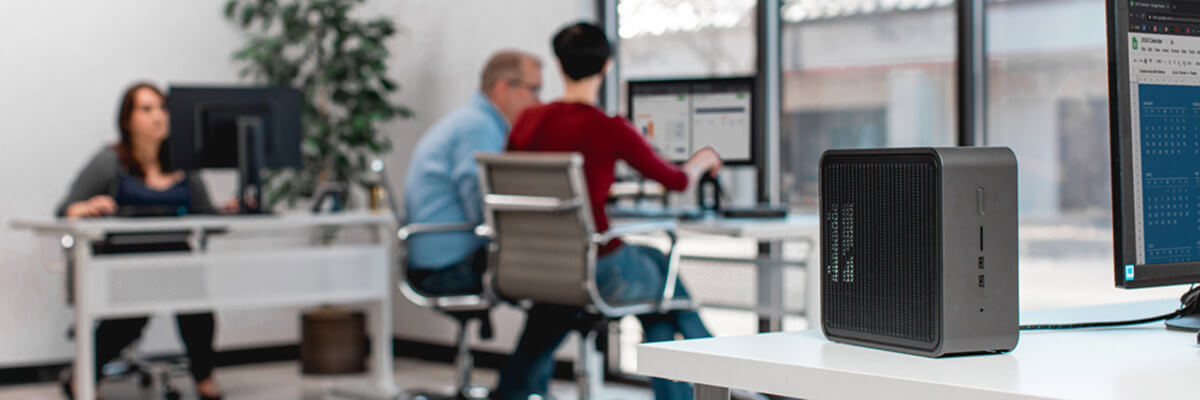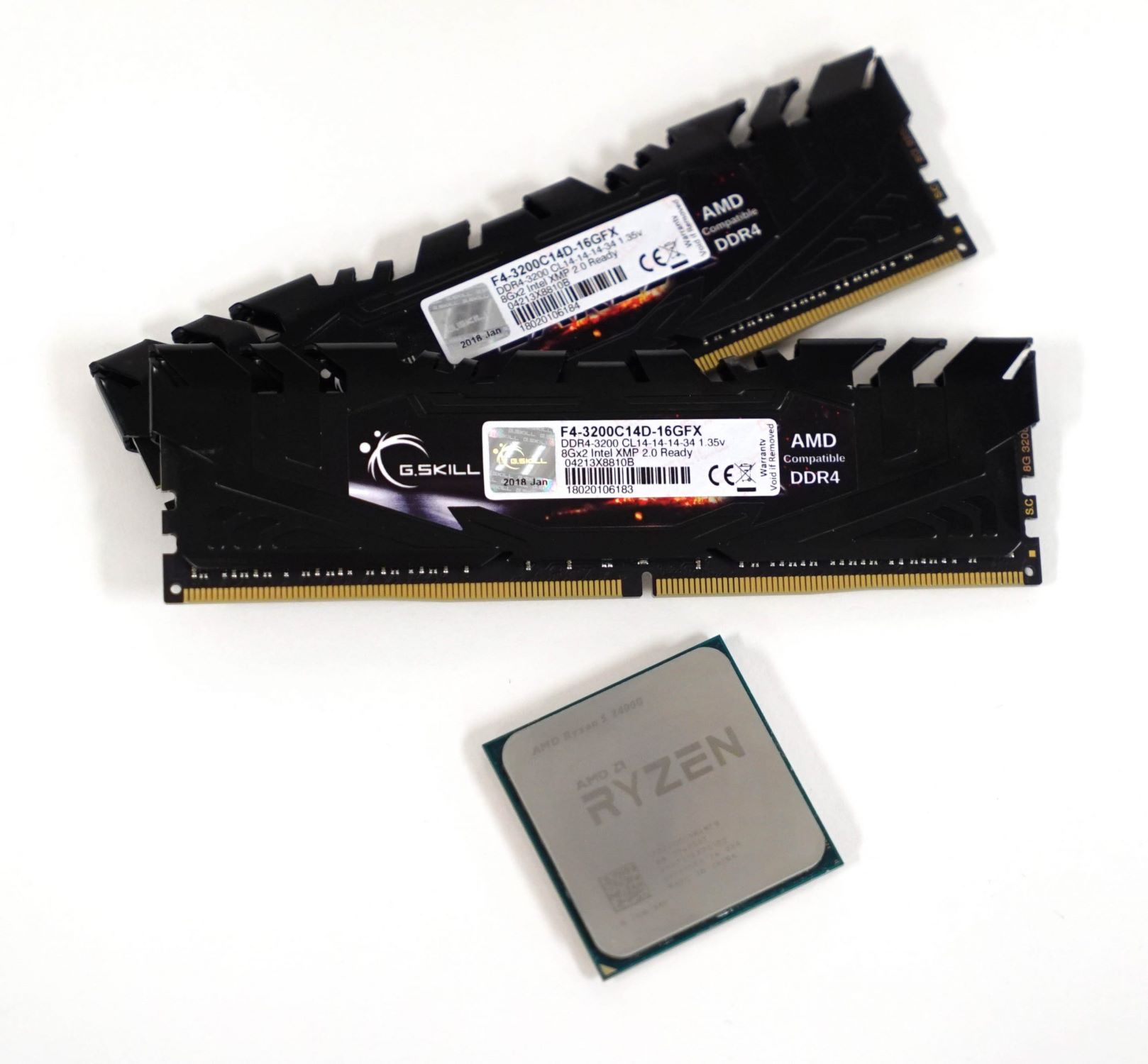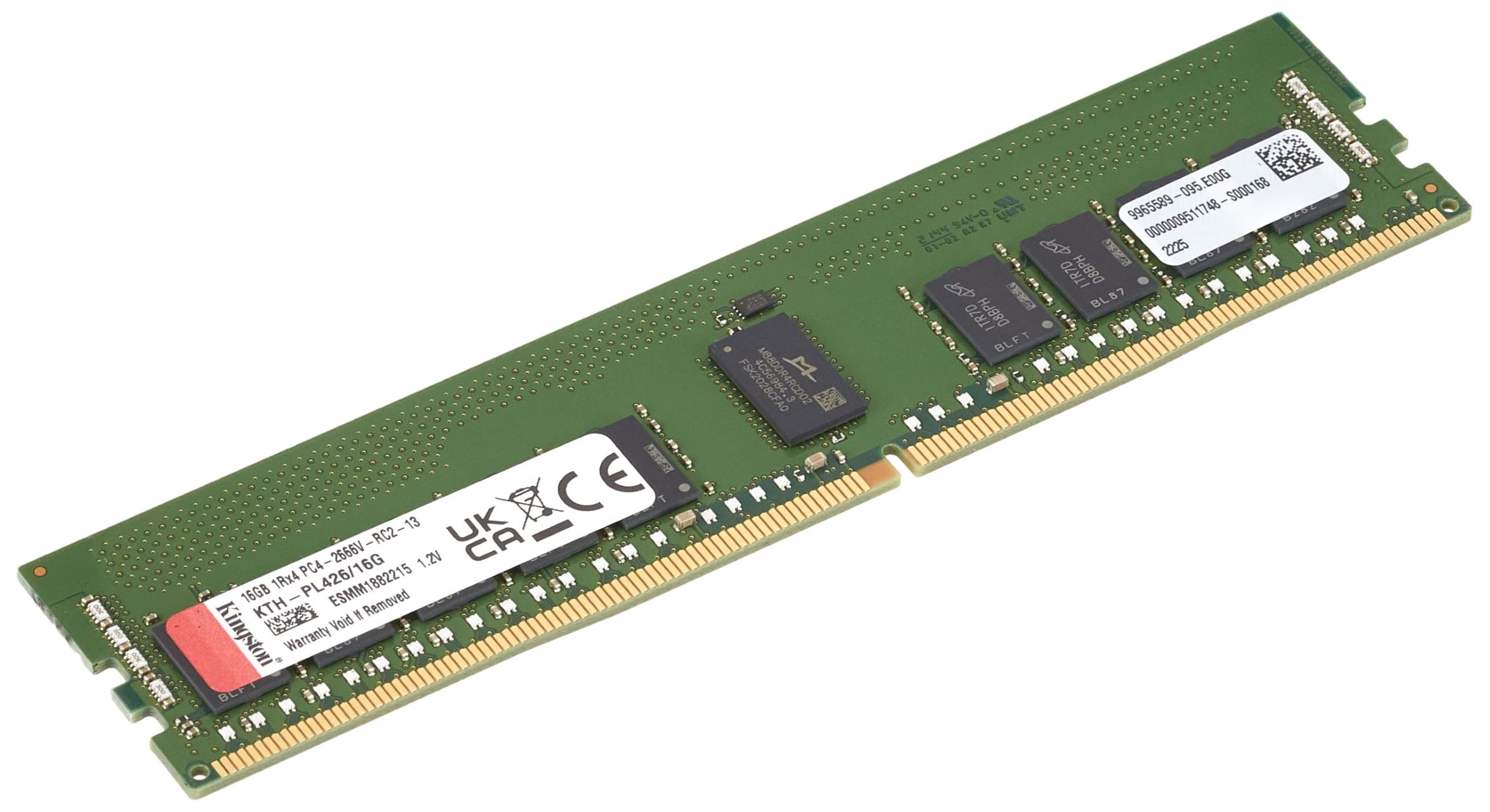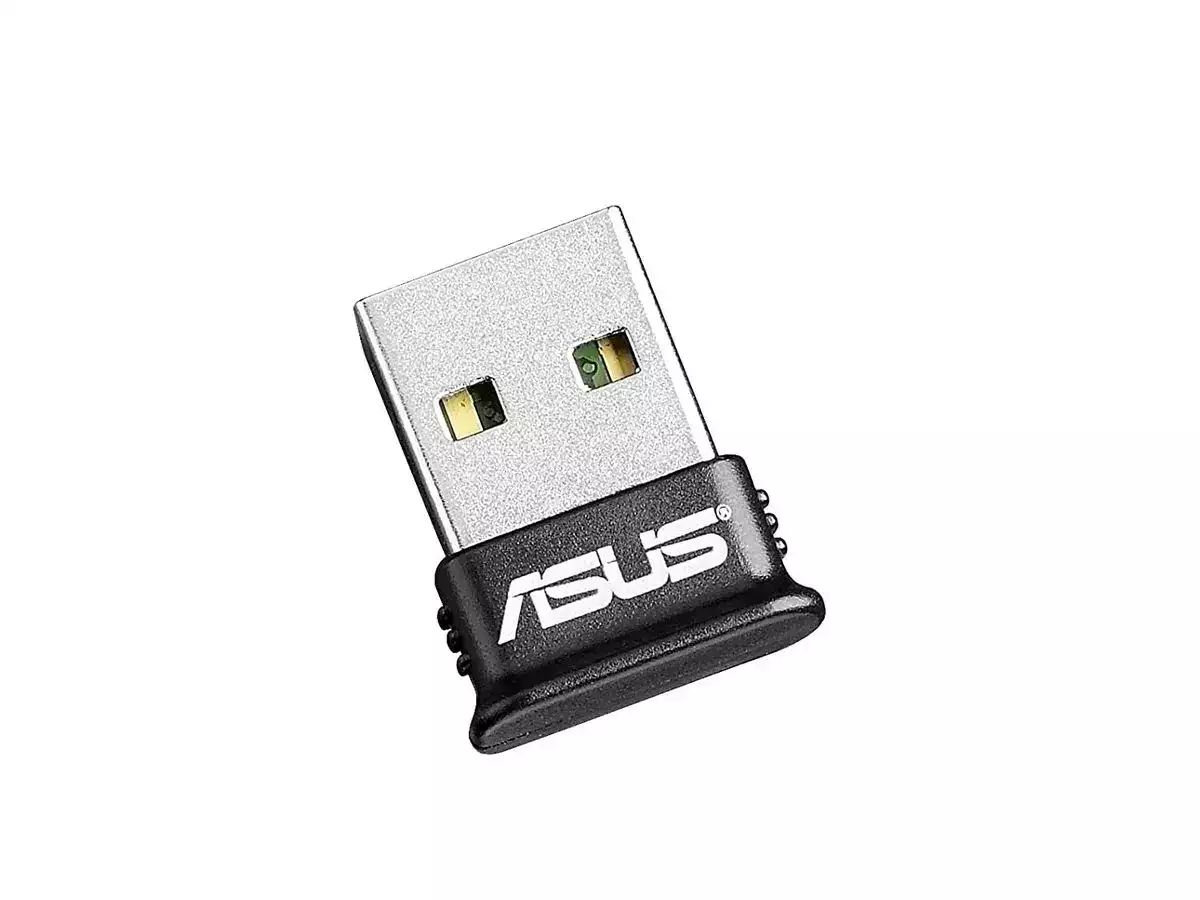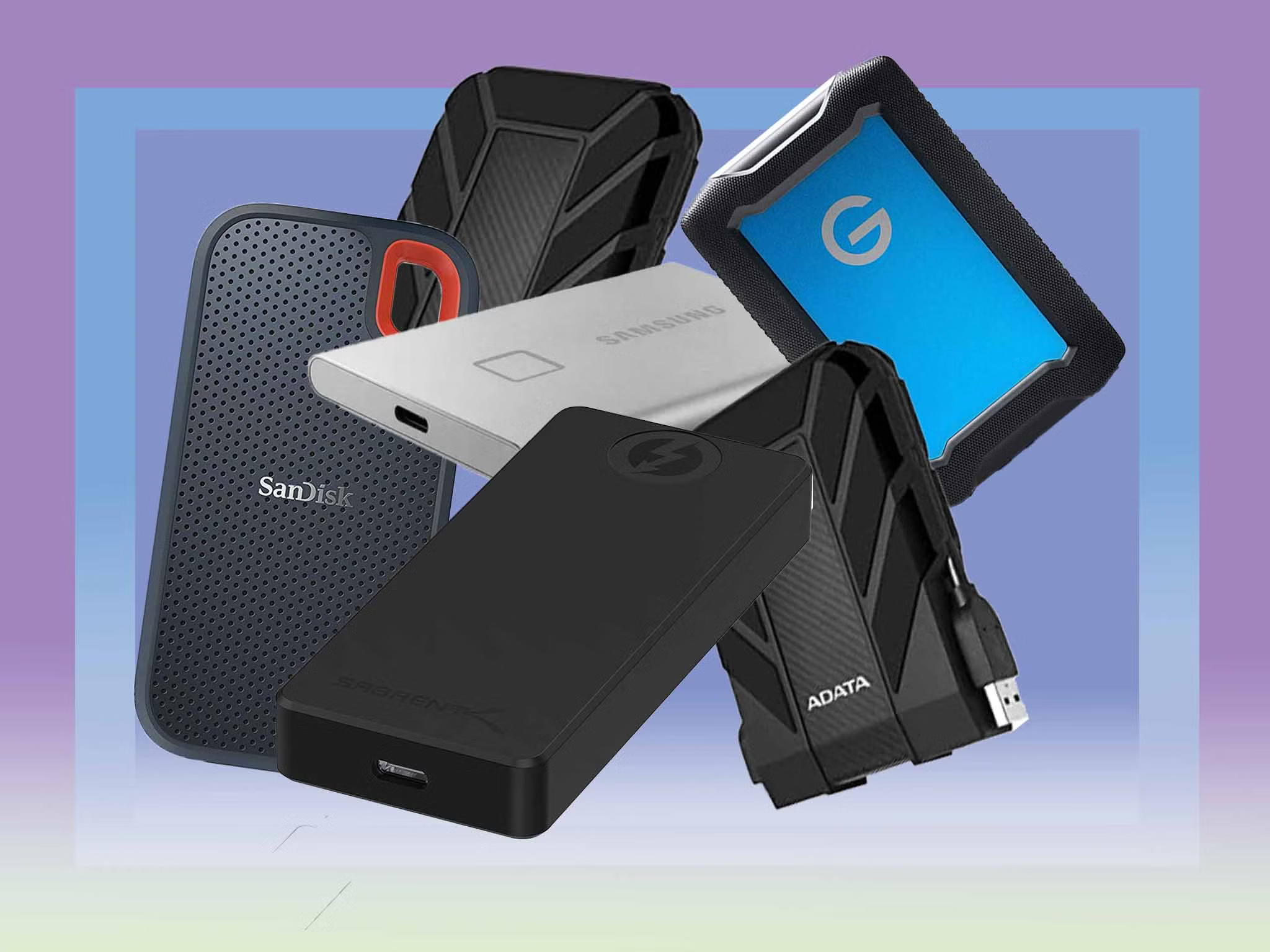Introduction
When it comes to gaming, having the right equipment is crucial for optimal performance and an immersive experience. One of the main considerations for gamers is whether to invest in a gaming PC or a gaming laptop. Both options have their own advantages and limitations, and making the right choice depends on various factors. In this article, we will compare the two options and help you decide which one is better for you.
Gaming PCs are known for their powerful hardware and cutting-edge technology. They are designed to handle resource-intensive games with ease, providing high frame rates, smooth gameplay, and stunning graphics. With a gaming PC, you have the freedom to customize and upgrade various components such as the processor, graphics card, and storage, ensuring that you can keep up with the latest gaming developments. Additionally, gaming PCs offer flexible options for connecting peripherals like mechanical keyboards, gaming mice, and high-resolution monitors, enhancing your gaming experience.
On the other hand, gaming laptops provide a convenient and portable alternative. They are compact and lightweight, allowing you to game on the go or in spaces with limited room. Gaming laptops nowadays come equipped with powerful hardware, capable of running demanding games. With advancements in technology, gaming laptops have become more efficient in terms of energy consumption and heat dissipation, resulting in longer battery life and improved cooling systems.
Before making a decision, it’s essential to consider your gaming requirements. If you prioritize performance and have a dedicated gaming space at home, a gaming PC is the way to go. It offers superior power and flexibility, allowing you to push the boundaries of gaming. However, if you value mobility and flexibility, a gaming laptop is a worthy investment. It allows you to take your gaming setup wherever you go, whether it’s for LAN parties, travel, or gaming on the couch.
In the following sections, we will delve deeper into the specific aspects of gaming PCs and gaming laptops, including performance, portability, upgradability, price, cooling, input devices, display options, and battery life. By analyzing these factors, you’ll be able to make an informed decision and choose the option that best fits your gaming needs.
Performance
Performance is a crucial factor when it comes to gaming, as it directly affects the gameplay experience. When comparing gaming PCs and gaming laptops, gaming PCs generally have the edge in terms of performance. This is because gaming PCs can be equipped with more powerful hardware components and have better cooling systems.
Gaming PCs have the advantage of being able to accommodate the latest and most high-performance processors, graphics cards, and RAM modules. This allows them to deliver smoother gameplay, faster load times, and superior graphics quality. Furthermore, gaming PCs can often be customized and upgraded, allowing gamers to stay ahead of the curve and easily replace outdated components as new technologies emerge.
On the other hand, gaming laptops, while capable of running demanding games, usually have limitations when it comes to performance. Due to their compact size and portability, gaming laptops are often equipped with slightly less powerful hardware compared to gaming PCs. This can result in reduced frame rates, lower graphics settings, and longer loading times. Additionally, the compact design of gaming laptops can also lead to reduced cooling capabilities, leading to high temperatures during intense gaming sessions that may impact performance.
However, it’s worth noting that the performance gap between gaming PCs and gaming laptops has been narrowing in recent years. With advancements in technology, gaming laptops are becoming more capable of delivering impressive gaming performance. Some high-end gaming laptops are now equipped with powerful processors, dedicated graphics cards, and efficient cooling solutions that can handle demanding games with relative ease.
When considering performance, it’s important to factor in your gaming preferences and the type of games you play. If you primarily play graphically intensive games, require high frame rates, and want to future-proof your system, a gaming PC is the superior choice. However, if you’re a casual gamer or prefer games that aren’t as demanding, a gaming laptop can still provide a satisfactory gaming experience.
In summary, gaming PCs have the upper hand in terms of performance due to their ability to accommodate more powerful hardware and superior cooling systems. However, gaming laptops have made strides in performance and can still offer a satisfactory gaming experience for less demanding games or on-the-go gaming. Consider your gaming requirements and preferences to determine the level of performance you need before making a decision.
Portability
Portability is a crucial aspect to consider when deciding between a gaming PC and a gaming laptop. Gaming laptops have a clear advantage in this department, as they are designed to be lightweight and compact, making them easily transportable.
Unlike gaming PCs, which are typically bulky and require a dedicated space, gaming laptops allow you to take your gaming setup wherever you go. Whether you’re traveling, attending LAN parties, or simply want to game in different rooms of your house, a gaming laptop provides the flexibility to do so. Their small form factor and built-in monitor make them highly convenient for on-the-go gaming.
Gaming PCs, on the other hand, are not known for their portability. They often consist of a large tower and require various peripherals such as a monitor, keyboard, and mouse. Moving a gaming PC from one location to another can be a daunting task and may involve disconnecting and reconnecting multiple cables. Additionally, finding suitable space for a gaming PC in smaller living environments or college dorm rooms may prove challenging.
While gaming laptops excel in portability, it’s important to note that their compact design often means sacrificing some features and performance compared to gaming PCs. The smaller size may limit the number and types of ports available, reducing the ability to connect external devices and accessories. Additionally, the compact form factor may result in more restricted airflow and potentially higher operating temperatures, which can impact the performance and longevity of the laptop.
When considering portability, it’s essential to assess your specific needs and lifestyle. If you value the ability to game on the go and require flexibility in your gaming setup, a gaming laptop is the clear choice. However, if you have a dedicated gaming space at home and don’t foresee the need to move your gaming setup frequently, a gaming PC may be a more suitable option, providing better performance and customization possibilities.
In summary, gaming laptops offer superior portability due to their compact size and built-in monitor. They allow for gaming on the go and easy setup in different locations. Gaming PCs, although less portable, excel in performance and customization. Consider your gaming habits and lifestyle to determine the importance of portability in your decision-making process.
Upgradability
When it comes to upgradability, gaming PCs have a significant advantage over gaming laptops. The ability to upgrade various components of a gaming PC allows for greater customization, longevity, and the ability to keep up with the latest gaming advancements.
Gaming PCs are usually built with modular components, meaning that individual parts such as the processor, graphics card, RAM, and storage can be easily upgraded or replaced. This flexibility allows gamers to adapt their system to meet the demands of new games or emerging technologies. By investing in a gaming PC, you have the freedom to upgrade specific components as needed, ensuring that your system remains up to date and capable of running the latest games at optimal settings.
In contrast, gaming laptops have limited upgrade options due to their compact design and integrated components. Unlike gaming PCs, which allow for easy swapping of components, many gaming laptops have soldered or integrated graphics cards, RAM, and storage. This lack of modularity can limit your ability to upgrade these critical hardware components, resulting in a shorter lifespan for your gaming laptop.
Some higher-end gaming laptops do offer limited upgradability options, such as being able to add more RAM or swapping out the storage drive. However, compared to gaming PCs, the upgrade potential is still relatively restricted.
It’s important to consider your long-term gaming goals when evaluating the upgradability factor. If you value the ability to easily upgrade and customize your gaming setup, a gaming PC is the ideal choice. You can continually improve your system by changing individual components, keeping it up to date with the latest advancements in gaming technology.
However, if you prioritize convenience and portability over extensive upgrade options, a gaming laptop may still be suitable for you. Gaming laptops are designed to provide a complete gaming experience in a compact package, and their limited upgradability may not be a significant issue if your gaming needs don’t require frequent hardware upgrades.
In summary, gaming PCs provide extensive upgrade options, allowing for customization and the ability to keep up with the latest gaming developments. Gaming laptops, on the other hand, have limited upgradability, but they offer the convenience of a complete gaming setup in a portable package. Consider your long-term gaming needs and your desire for customization when deciding which option is best for you.
Price
Price is a crucial factor to consider when deciding between a gaming PC and a gaming laptop. In general, gaming PCs tend to have a higher upfront cost compared to gaming laptops.
Gaming PCs require separate purchases of components such as the processor, graphics card, motherboard, RAM, storage drives, and peripherals. These individual costs can add up, especially if you opt for high-end, top-of-the-line hardware. Additionally, building or buying a gaming PC may require some technical knowhow or assistance, which can incur additional costs if you choose to have it professionally assembled.
On the other hand, gaming laptops offer a more convenient, all-in-one solution. The price of a gaming laptop typically includes the integrated components, such as the processor, graphics card, RAM, and storage. While gaming laptops can still be quite expensive, especially for high-performance models, their pricing is usually more competitive compared to the cost of purchasing individual components for a gaming PC.
It’s also important to consider the long-term value when evaluating the price factor. Gaming PCs often have a longer lifespan and can be easily upgraded, allowing you to extend their usability over time. This can result in a better return on investment as you don’t need to replace the entire system when you want to upgrade a specific component.
However, if you have a limited budget or prefer the convenience and portability of a gaming laptop, they can provide a cost-effective solution. Gaming laptops offer a complete package without the need for additional purchases, making them a more accessible option for gamers with a smaller budget. Additionally, the energy-efficient design of gaming laptops can result in lower electricity costs compared to running a gaming PC.
In summary, gaming PCs tend to have a higher upfront cost due to the need for separate component purchases and potential assembly costs. However, they offer the advantage of long-term upgradability and customization, resulting in a potentially better return on investment. Gaming laptops, while still expensive, provide a more convenient all-in-one solution and are often more affordable than high-end gaming PCs. Consider your budget, gaming needs, and the long-term value when weighing the price factor in your decision-making process.
Cooling
Cooling is a critical aspect to consider when it comes to gaming, as high-performance hardware generates a significant amount of heat. Proper cooling ensures that your gaming system operates optimally and extends the lifespan of your components. When comparing gaming PCs and gaming laptops, cooling capabilities differ due to their different form factors and designs.
Gaming PCs generally have superior cooling systems compared to gaming laptops. The larger size of gaming PCs allows for better airflow and the installation of larger fans or liquid cooling solutions. This allows the system to dissipate heat more effectively, keeping temperatures at an acceptable level even during intense gaming sessions. Additionally, the ability to customize and upgrade components in a gaming PC allows for the installation of additional fans or advanced cooling solutions to further enhance cooling performance.
On the other hand, gaming laptops face challenges in terms of cooling due to their compact design. The limited space within the laptop chassis restricts the size of the cooling system and can result in reduced airflow. As a result, gaming laptops may experience higher operating temperatures during extended gaming sessions. Manufacturers combat this by implementing specialized cooling solutions such as heat pipes, vapor chambers, and multiple heat sinks to help dissipate heat more efficiently. However, these solutions may not always match the cooling capabilities of a dedicated gaming PC.
It’s important to note that not all gaming laptops are created equal in terms of cooling capabilities. High-end gaming laptops often incorporate advanced cooling technologies to mitigate the heat generated by powerful hardware. These cooling systems may include larger and more efficient fans, additional heat pipes, or even liquid cooling solutions. If cooling is a priority for you, research the cooling capabilities of specific gaming laptops to ensure optimal performance and temperature management.
Regular maintenance and cleaning are key to ensuring optimal cooling performance for both gaming PCs and gaming laptops. Dust build-up can impact airflow and result in higher temperatures. Regularly cleaning your system’s fans, heat sinks, and vents can help prevent overheating issues and maintain peak performance.
In summary, gaming PCs generally offer superior cooling capabilities due to their larger size and ability to accommodate advanced cooling solutions. Gaming laptops, while limited by their compact design, employ specialized cooling technologies to optimize heat dissipation. High-end gaming laptops can provide adequate cooling performance, but may still not match the cooling capabilities of gaming PCs. Consider your gaming habits, the intensity of your gaming sessions, and the importance of temperature management when evaluating the cooling factor in your decision-making process.
Input Devices
When it comes to gaming, having the right input devices can greatly enhance your gaming experience. Both gaming PCs and gaming laptops offer various options for input devices, but there are some differences to consider.
Gaming PCs provide more flexibility when it comes to choosing input devices. You can choose from a wide range of gaming keyboards, gaming mice, and gaming controllers, each offering different features and customization options. Mechanical keyboards, for example, provide a tactile and responsive typing experience, while gaming mice offer adjustable DPI settings and programmable buttons for precise control. Additionally, gaming PCs allow for the use of external joysticks, racing wheels, and other specialized controllers for different types of games, providing a more immersive experience.
Gaming laptops, on the other hand, often come with built-in keyboards and trackpads. While these built-in input devices are functional, they may not offer the same level of customization or comfort as dedicated gaming peripherals. However, many gaming laptops have improved the quality of their keyboards and offer backlit keys and anti-ghosting features. Some gaming laptops also have the option to connect external gaming peripherals to enhance the gaming experience.
It’s worth noting that external gaming peripherals are compatible with both gaming PCs and gaming laptops, so you can still enjoy the benefits of high-quality input devices with a gaming laptop. However, it’s essential to consider the portability factor when choosing peripherals for a gaming laptop. External peripherals, such as mechanical keyboards or gaming mice, may add to the overall size and weight of your portable setup, reducing the convenience and portability of a gaming laptop.
In summary, gaming PCs offer greater flexibility in terms of choosing input devices, allowing for customization and the use of specialized controllers. Gaming laptops, while often equipped with built-in keyboards and trackpads, may not provide the same level of customization and comfort. However, external gaming peripherals can be used with both gaming PCs and gaming laptops to enhance the gaming experience. Consider your preferences, gaming needs, and the level of portability you desire when evaluating the input devices factor in your decision-making process.
Display Options
The display is a crucial aspect of the gaming experience, as it directly impacts the visual quality and immersion. Both gaming PCs and gaming laptops offer various display options, each with its own benefits and considerations.
Gaming PCs give you the flexibility to choose from a wide range of display options. You can opt for a high-resolution monitor with a high refresh rate, providing crisp visuals and smooth gameplay. High refresh rate monitors, such as 144Hz or 240Hz, offer a smoother and more responsive gaming experience, especially for fast-paced games. Additionally, gaming PCs typically support multiple monitor setups, allowing you to create a multi-display gaming setup for a more immersive experience. You can also choose monitors with features like FreeSync or G-Sync for tear-free and stutter-free gaming.
Gaming laptops, on the other hand, come with built-in displays that are generally smaller in size due to the portable nature of the devices. However, gaming laptops have made significant improvements in display technology and offer options with high resolutions and high refresh rates. Some gaming laptops even feature displays with a refresh rate of 144Hz or higher to provide smooth and fluid gameplay. It’s important to consider the screen size, resolution, and refresh rate when choosing a gaming laptop to ensure it meets your specific gaming preferences.
Another display consideration is the panel technology. The most common display panel types are TN, IPS, and VA. TN panels offer fast response times, making them suitable for competitive gaming, but they may have limited color accuracy and poor viewing angles. IPS panels provide better color reproduction and wider viewing angles, resulting in more vibrant and accurate visuals. VA panels offer a middle ground between TN and IPS panels, with good image quality and contrast but slightly slower response times.
When deciding between gaming PCs and gaming laptops, it’s crucial to consider the trade-offs. Gaming PCs offer better display customization options, multiple monitor support, and the ability to upgrade to the latest display technologies. However, gaming laptops offer the convenience of a built-in display and the flexibility to game on the go. It’s important to find the right balance between your gaming preferences, portability needs, and display requirements when considering display options.
In summary, gaming PCs provide more display customization options, the ability to use multiple monitors, and access to the latest display technologies. Gaming laptops, while limited by their built-in displays, have made significant improvements in display quality and offer high-resolution and high-refresh-rate options. Consider your gaming preferences, portability needs, and desire for customization when evaluating the display options factor in your decision-making process.
Battery Life
Battery life is a critical consideration for gamers who value the portability and convenience of gaming laptops. The ability to game without being tethered to a power outlet allows for greater flexibility and mobility. However, when comparing gaming laptops to gaming PCs, battery life is often a significant limitation.
Gaming laptops tend to have shorter battery life compared to regular laptops due to the demanding hardware requirements of gaming. The powerful processors and dedicated graphics cards consume a significant amount of power, resulting in reduced battery longevity. During intense gaming sessions, a gaming laptop’s battery can drain rapidly, typically lasting anywhere from one to three hours before requiring a recharge. This limitation may impact extended gaming sessions or the ability to game on the go without access to a power source.
However, it’s important to note that the specific battery life of a gaming laptop can vary depending on factors such as the hardware configuration, screen brightness, game settings, and the workload placed on the system. Some gaming laptops may have extended battery life in more power-efficient scenarios or when performing non-gaming tasks.
Gaming PCs, on the other hand, are not limited by battery life since they are connected directly to a power source. This allows gamers to enjoy extended gaming sessions without concern for battery drain. However, the lack of battery mobility restricts gaming PC usage to a specific location, typically a dedicated gaming space at home.
When considering battery life, it’s important to assess your specific gaming needs and preferences. If you prioritize mobility and the ability to game on the go, a gaming laptop with decent battery life may be the preferable choice. However, if you have a dedicated gaming space with easy access to a power outlet, the lack of battery life limitations with a gaming PC may not be a significant consideration for you.
In summary, gaming laptops have shorter battery life compared to gaming PCs due to the power consumption of their high-performance hardware. Gaming laptops are constrained by the need for frequent recharging during intense gaming sessions. On the other hand, gaming PCs are not limited by battery life, but they lack the portability and mobility of gaming laptops. Consider your gaming habits, the need for portability, and the availability of power sources when evaluating the battery life factor in your decision-making process.
Conclusion
Choosing between a gaming PC and a gaming laptop ultimately depends on your specific gaming needs, preferences, and lifestyle. Both options have their own advantages and limitations, and finding the right balance is key to optimizing your gaming experience.
If you prioritize performance, customization, and the ability to push the boundaries of gaming, a gaming PC is the superior choice. Gaming PCs offer powerful hardware, extensive upgradability options, and the ability to customize various components to suit your specific requirements. Additionally, gaming PCs often have better cooling systems, multiple display options, and the flexibility to connect a wide range of input devices. However, gaming PCs are less portable and generally come at a higher upfront cost.
On the other hand, if you value mobility, convenience, and the ability to game on the go, a gaming laptop is a compelling option. Gaming laptops offer portability, built-in displays, and the convenience of an all-in-one package. While gaming laptops may have limitations in terms of performance, upgradability, and battery life compared to gaming PCs, they provide the flexibility to take your gaming setup wherever you go.
In making your decision, consider factors such as performance, portability, upgradability, price, cooling, input devices, display options, and battery life. Assess your gaming requirements, your preference for customization or convenience, and your budget constraints. Balance these factors to find the option that best suits your needs.
Remember that technology is constantly evolving, and both gaming PCs and gaming laptops continue to improve in terms of performance, portability, and overall gaming experience. It’s essential to stay informed about the latest hardware releases and advancements to ensure you make an informed decision based on the most recent options available.
Ultimately, whether you choose a gaming PC or a gaming laptop, what matters most is that you have an enjoyable and immersive gaming experience. Invest in the option that aligns with your gaming goals, preferences, and budget, and get ready to embark on exciting gaming adventures.










